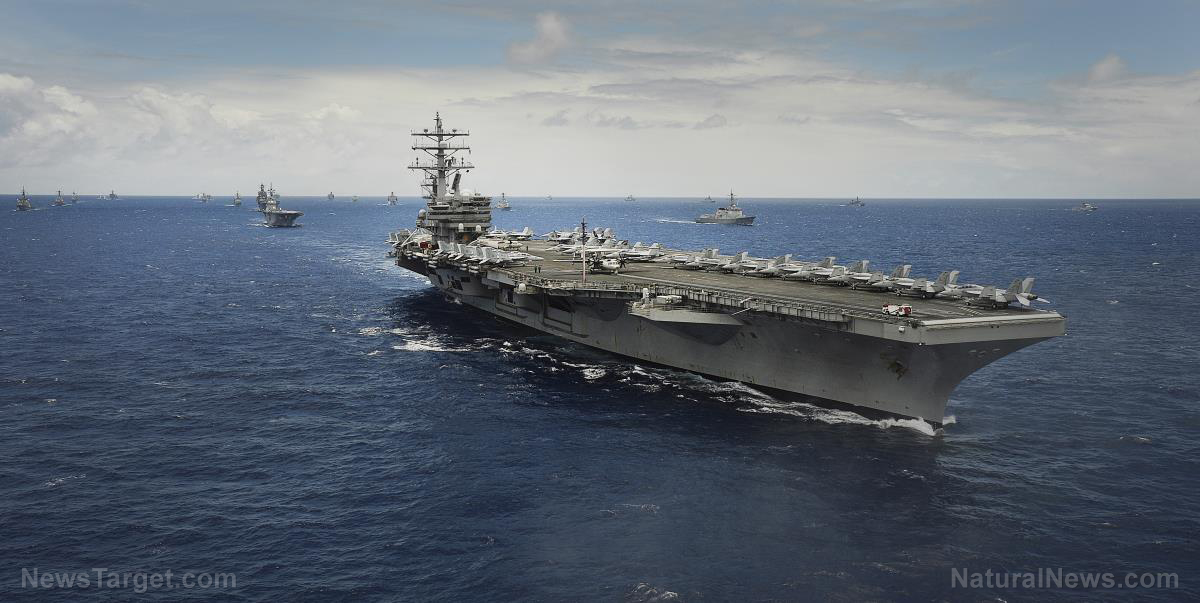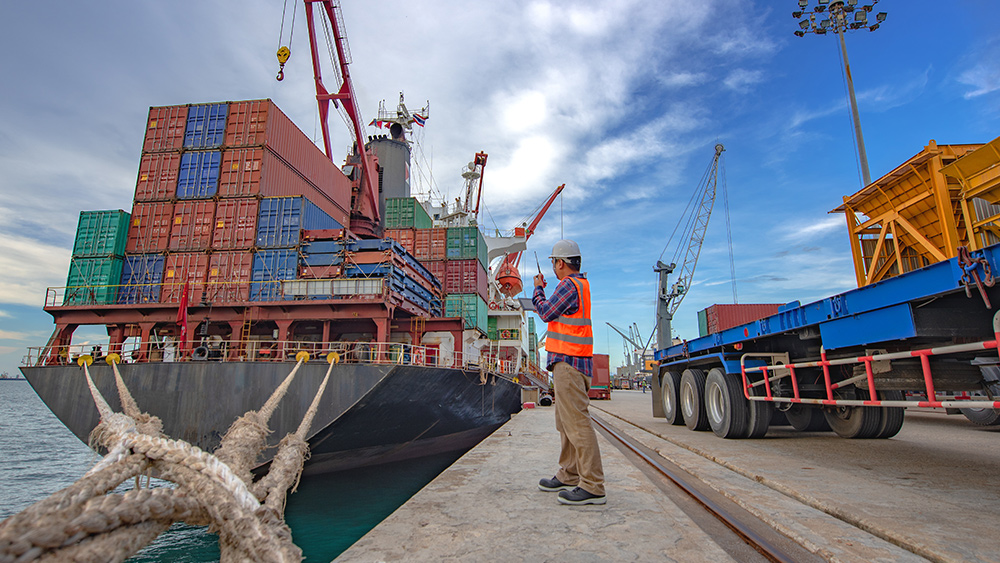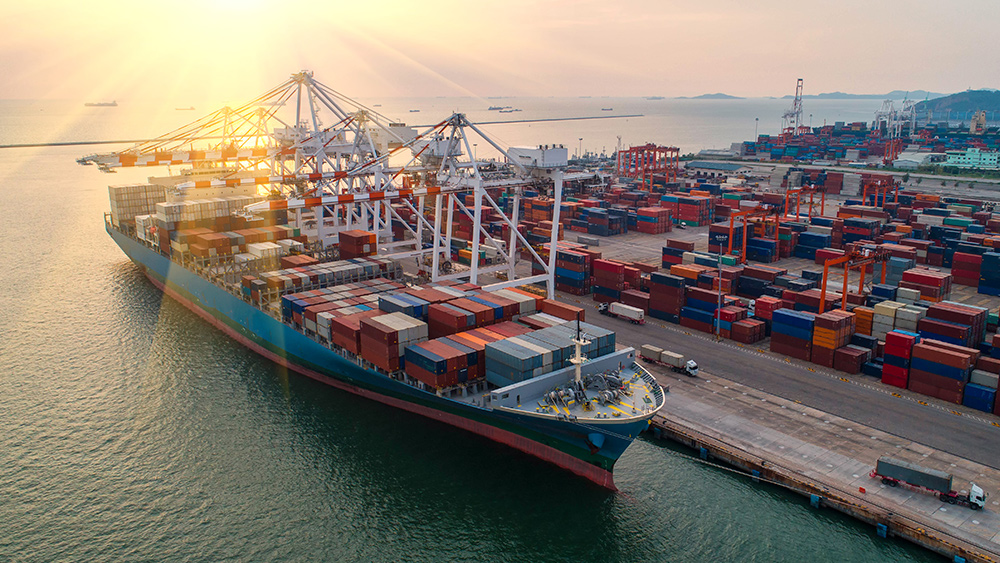Houthi rebel attacks prompt British Petroleum to pause all fuel shipments in Red Sea
12/29/2023 / By Ethan Huff

Ongoing rebel attacks from the Houthis in Yemen towards shipping vessels trying to pass through the Red Sea has prompted British Petroleum (BP), another oil shipper, to halt operations for the time being.
All BP crude shipments through the Red Sea are now temporarily suspended, as are numerous shipping routes from other companies, as global trade hits another snag due to the ongoing Israeli war in Gaza.
In a statement, BP indicated that this is a “deteriorating security situation” as Yemen-based Houthi rebels continue to launch attacks on passing ships that they believe are headed for Israel and / or its allies.
“The safety and security of our people and those working on our behalf is BP’s priority,” the company said. “We will keep this precautionary pause under ongoing review, subject to circumstances as they evolve in the region.”
The halt is expected to drive up crude prices in both the Mediterranean region as well as Europe, which relies on fuel shipments coming through the Red Sea from the East into the Mediterranean Sea for delivery.
“Right now, it’s unclear how significant the impact will be, though if more shipping companies divert their traffic, and if the disruption lasts more than a week or two, prices are likely to climb further,” said Gregory Brew, an oil historian and analyst at Eurasia Group.
(Related: Volcanic eruptions release a lot of carbon – does this mean that volcanoes should be forced to pay for “carbon passports?”)
Evergreen Line announces no more Israel cargo shipments via Red Sea
The major point of contact for Houthi rebels to target passing ships is the Bab el-Mandeb Strait, which serves as the southern entrance from the Arabian Sea and Gulf of Aden into the Red Sea.
“The Bab el-Mandeb Strait connects the Red Sea to the Gulf of Aden and then on to the Indian Ocean on one side and the Mediterranean Sea via the Suez Canal on the other,” explains RT.
“The waterway is a key route linking Asia and Europe and facilitates roughly 12 percent of global trade, including 30 percent of all global container shipments.”
Another major shipping company, Evergreen Line, is similarly shutting down all Israel cargo shipments via the Red Sea due to the ongoing Houthi threat.
“For the safety of ships and crew, Evergreen Line has decided to temporarily stop accepting Israeli cargo with immediate effect, and has instructed its container ships to suspend navigation through the Red Sea until further notice,” reads a company statement.
Inventor Chemical Tankers, owner of the MT Swan Atlantic, announced on the same day as the Evergreen Line statement that its ship was struck by an “unidentified object” while in the Red Sea off the coast of Yemen, despite the vessel having no links to Israel.
Denmark’s Maersk and Germany’s Hapag-Lloyd shipping companies have likewise halted all vessel travel through the Red Sea because of the increased risk of an attack.
The Mediterranean Shipping Company (MSC), the world’s largest shipping company, is also diverting all of its ships away from the Red Sea area for the time being.
On Dec. 15, the Swiss-Italian shipping giant announced that its box ship MSC Palatium III was struck by something while transiting the Red Sea. The company released a statement indicating that “all crew are safe with no reported injuries.”
“Meanwhile, the vessel suffered limited fire damage and has been taken out of service,” the company said.
“That’s what the Houthi attacks were all about,” wrote a commenter at RT about the matter.
“Incidentally, BP, formerly Anglo Iranian Petroleum was the corporation that got the UK and the U.S. to have the CIA engineer the coup in Iran in 1953 that replaced Mossadegh with the Shah.”
More related news can be found at SupplyChainWarning.com.
Sources for this article include:
Submit a correction >>
Tagged Under:
Bab el-Mandeb Strait, BP, British Petroleum, chaos, fuel supply, Gaza, Hamas, Houthi, inflation, Israel, Palestine, Red Sea, risk, shipping, supply chain, violence, War, WWIII, Yemen
This article may contain statements that reflect the opinion of the author
RECENT NEWS & ARTICLES
COPYRIGHT © 2017 WWIII NEWS



















